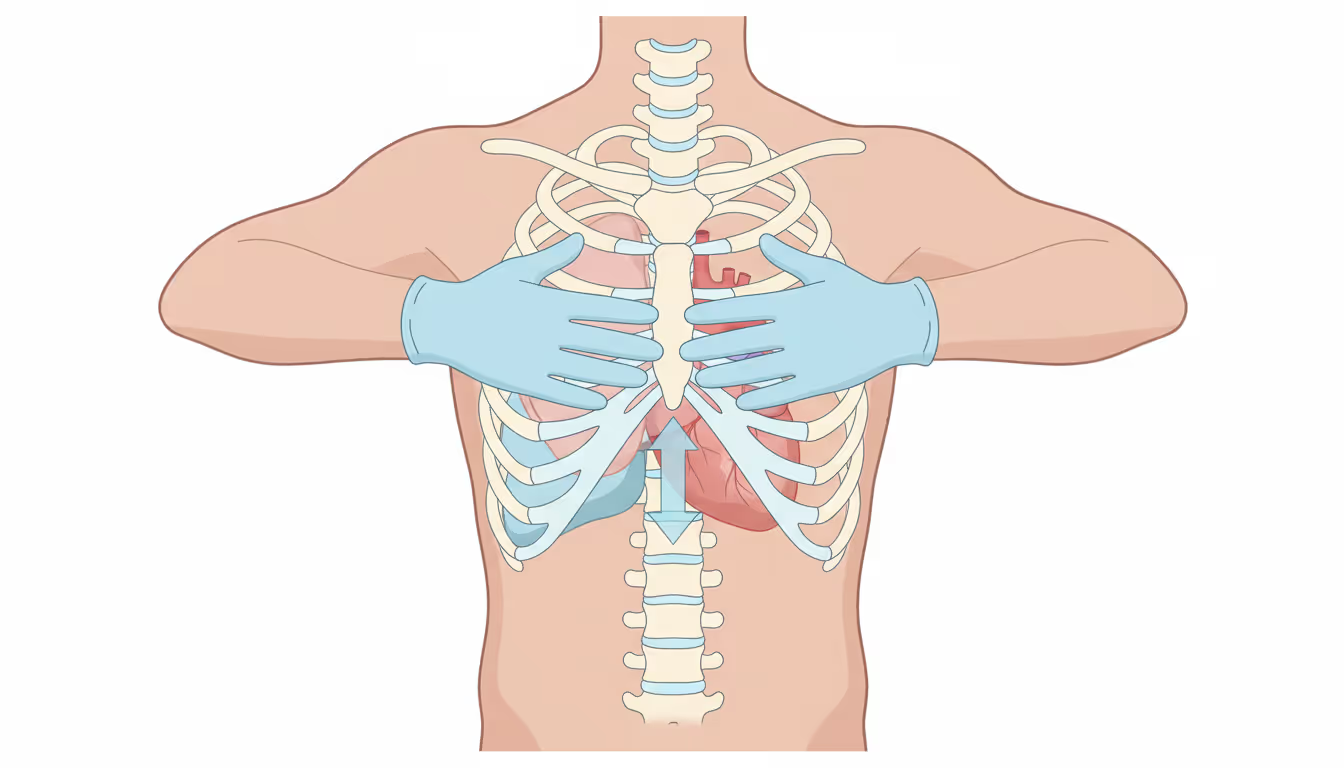
Post-traumatic stress disorder (PTSD) is a prevalent condition that emerges after someone experiences a horrifying event or ordeal where severe physical harm was inflicted or threatened. Family members of those affected can also develop PTSD. This disorder can affect individuals of any age, including children and teens. Women are over twice as likely as men to develop PTSD after such experiences. Often, PTSD occurs alongside depression, substance abuse, or other anxiety disorders.To diagnose PTSD, at least one symptom from each of the following categories must be present for a minimum of one month, and these symptoms must significantly disrupt normal life: - Re-experiencing the event through distressing thoughts, nightmares, or flashbacks, or having intense emotional and physical reactions when reminded of the event.- Avoiding activities, thoughts, feelings, or discussions related to the event; feeling emotionally numb; or having gaps in memory concerning the event.- Losing interest in significant activities, feeling isolated, having difficulty experiencing normal emotions, or feeling hopeless about the future.- Constantly feeling on edge, having difficulty sleeping, being easily startled, exhibiting irritability or angry outbursts, or struggling to concentrate.PTSD can arise from traumatic experiences such as violent personal attacks, natural or man-made disasters, accidents, or military combat. Those who might experience PTSD include veterans of the Vietnam and Gulf Wars, rescue workers involved in the aftermath of events like the terrorist attacks on New York City and Washington, D.C., survivors of the Oklahoma City bombing, victims of accidents, physical and sexual abuse, and other crimes, immigrants escaping violence, and survivors of events like the 1994 California earthquake, 1997 North and South Dakota floods, and hurricanes Hugo and Andrew. Witnesses to traumatic events may also develop PTSD.Many PTSD sufferers relive the trauma through flashbacks, memories, nightmares, or distressing thoughts, particularly when confronted with reminders of the event. Anniversaries of the trauma can exacerbate symptoms. Emotional numbness, sleep issues, depression, anxiety, irritability, and anger are common, as is overwhelming guilt. People with PTSD often avoid anything that might bring back memories of the trauma. PTSD is diagnosed when symptoms persist beyond a month.Physical manifestations such as headaches, gastrointestinal distress, dizziness, and chest pain frequently accompany PTSD, though they are often treated without acknowledging their origin in an anxiety disorder.Treatment options include cognitive-behavioral therapy, group therapy, and exposure therapy, which involves gradually and repeatedly confronting the distressing experience in a controlled setting to work through the trauma. Medications, particularly selective serotonin reuptake inhibitors (SSRIs) and other antidepressants, can also alleviate PTSD symptoms.Early intervention, such as providing opportunities for survivors to discuss their experiences following a traumatic event, can mitigate PTSD symptoms. For example, a study involving 12,000 schoolchildren who experienced a hurricane in Hawaii found that those who received early counseling showed significantly better recovery two years later compared to those who did not.




